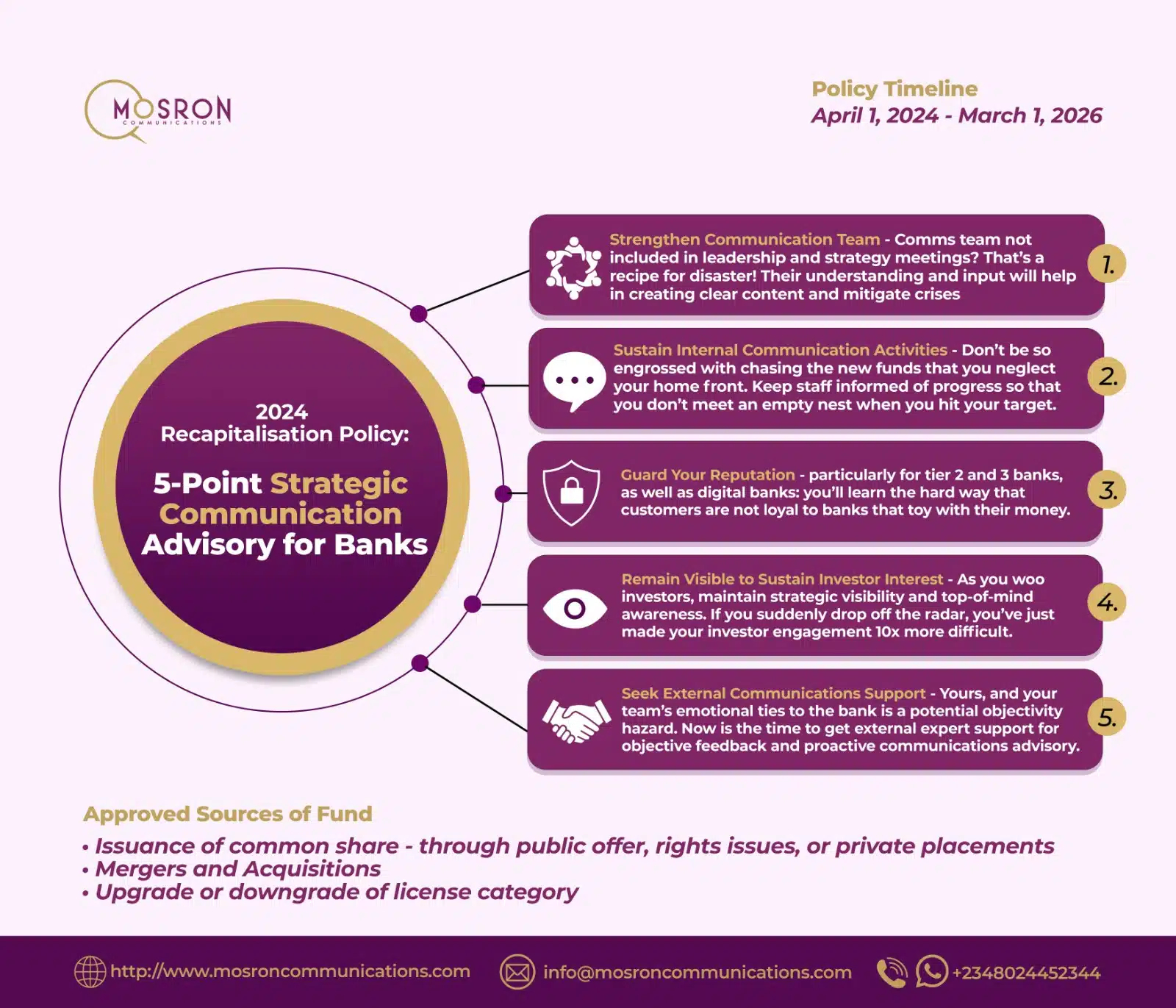- Namibia’s Minister of Information and Communications Technology (ICT), Emma Theofel, has confirmed that the country’s Data Protection and Cybercrime Bills are nearing completion.
- The bills aim to protect citizens’ personal information amid rapid technological advancement.
- In July 2024, the government acknowledged that 2.7 million cyber attacks were recorded in 2022, with 7000 attacks daily, signalling the need to strengthen cyberspace and online platforms.
At the 8th National ICT Summit of the country, Theofelus shared that to succeed in the digital era, there is a need to adapt to technological changes while equally building a robust and resilient framework that can withstand the rapid pace of these advancements.
“Our focus must be on ensuring that digital transformation benefits all Namibians and drives sustainable development across all sectors.
“From e-government to digital health and education, these technologies offer new ways to improve service delivery and enhance the quality of life for our people. We must leverage these technologies to make government services more accessible, efficient and responsive to the needs of our citizens.”
In July 2024, the multinational Criminal Police Organisation (INTERPOL) confirmed it dismantled a sophisticated multinational cybercrime network in Namibia. The operation, which targets phishing, investment fraud, bogus online shopping sites, romance, and impersonation frauds worldwide, busted the suspected network operating from Namibia’s capital, Windhoek.
In October 2022, the Namibian government invited the public to provide feedback on the draft Data Protection Bill through written submissions.
The Ministry of Information and Communication Technology (MICT) stated that this initiative aimed to establish legislation to protect personal information from unauthorised use and ensure that personal data is collected, stored, processed, and accessed lawfully.
Meanwhile, the Association for Progressive Communications in a recent report raised concerns about the draft Privacy and Data Protection Bill, with critics arguing that the draft legislation, which aims to protect personal data and privacy, has been weakened.
Per the report, some areas of specific human rights concern raised about the 2022 draft were underdeveloped consent provisions, the almost complete absence of protections for data subjects, and the absence of carve-outs for journalistic, artistic and academic data collection and processing.











